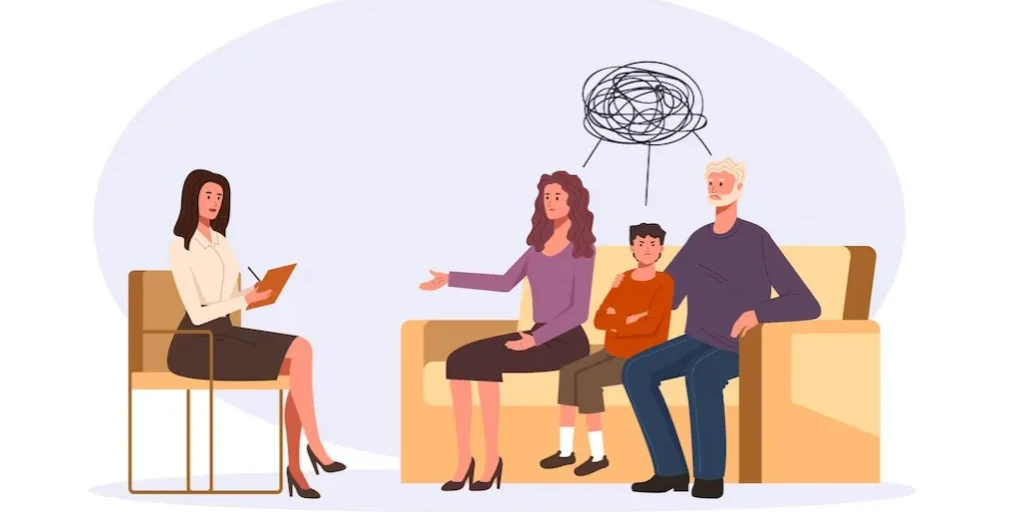24/7 Helpline:
(866) 899-111424/7 Helpline:
(866) 899-1114
Learn more about Bipolar Disorder Treatment centers in Lapeer
Bipolar Disorder Treatment in Other Cities

Lapeer County – Touchstone
Lapeer County Community Mental Health and CMHSP is a public rehab located in Lapeer, MI. Lapeer Coun...

Alcohol Information and Counseling Center
Alcohol Information and Counseling Center is a public organization located in Lapeer, Michigan. Alco...

List Psychological Services
List Psychological Services is a private group practice specializing in behavioral health care; incl...







Concepts in Counseling
Concepts in Counseling is a private rehab located in Lapeer, Michigan. Concepts in Counseling specia...

Alcoholics For Christ – Faith Christian Church
Alcoholics For Christ - Faith Christian Church is located in Lapeer, Michigan. Alcoholics For Christ...





Other Insurance Options

Highmark

Private insurance

Ambetter

Excellus

Oxford

Regence

Ceridian

BlueCross

Carleon

Group Health Incorporated

CareSource

UnitedHealth Group

BHS | Behavioral Health Systems

Choice Care Network

Humana

WellPoint

ComPsych

Premera

United Health Care

Medical Mutual of Ohio